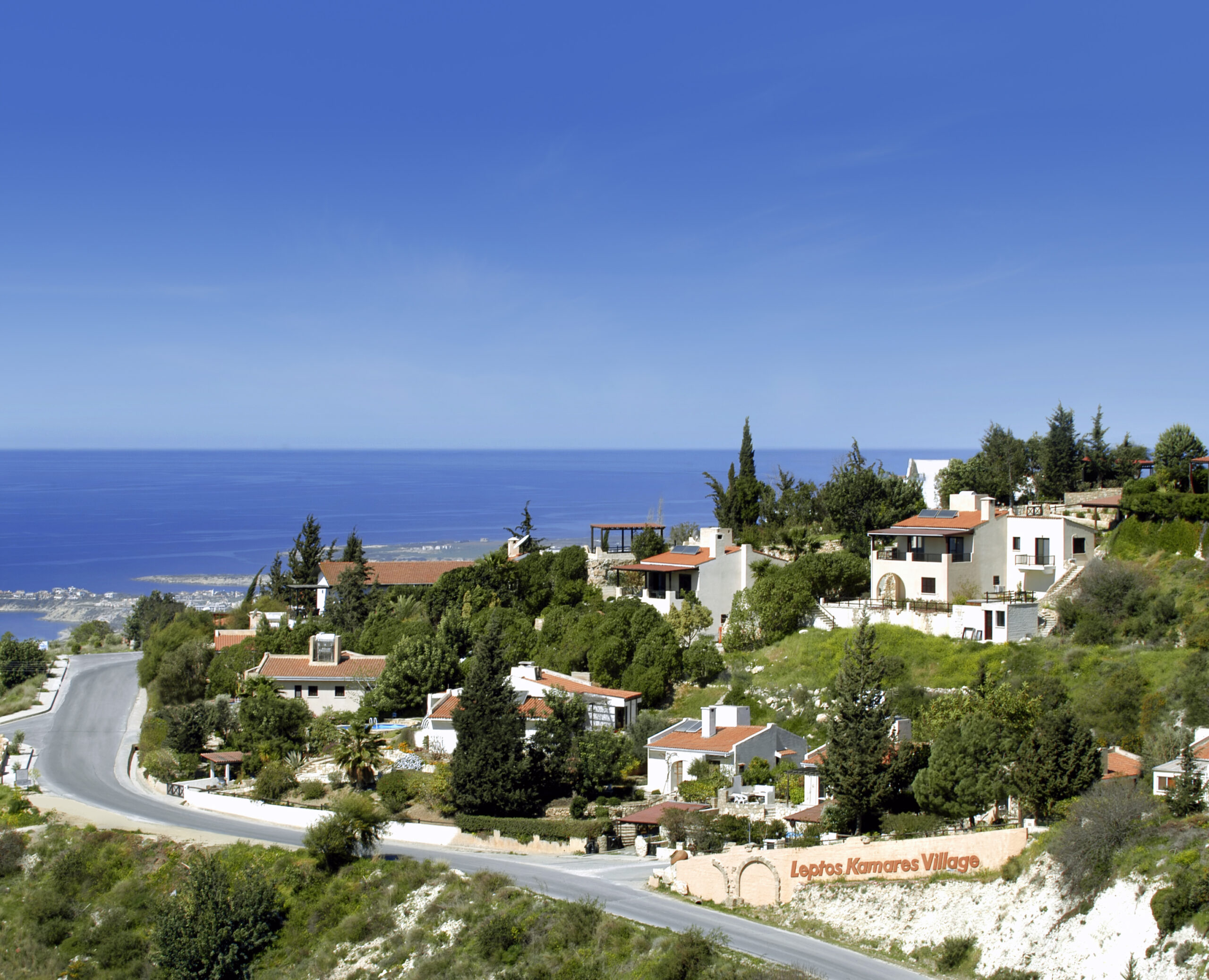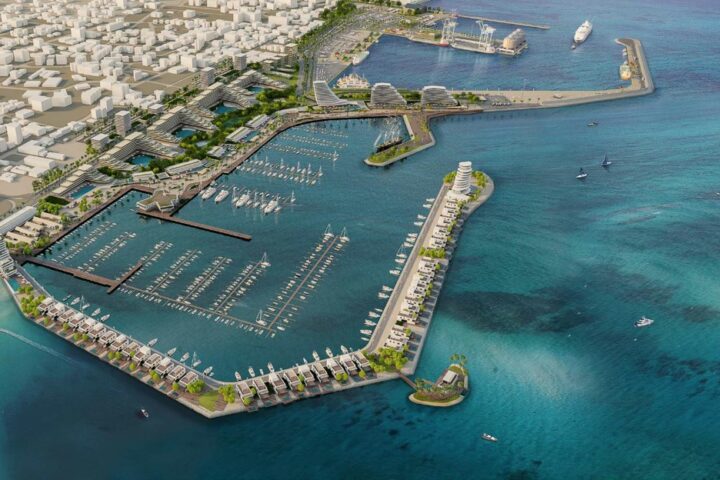UK and other non-EU pensioners eyeing a retirement home in Cyprus are being pushed to rethink their plans as authorities raise the bar for residence permits, temporary or otherwise.
The changes come amid a surge of demand from retirees from the UK, Israel, and Germany, with real estate agents worried the government’s plans will prematurely burst a mini-boom in the sector.
The Interior Ministry has recently posted changes to its temporary residence scheme, tightening requirements which allow non-EU passport holders to extend their stay in Cyprus for more than 90 days.
Detailed statements of bank account transactions in a financial institution in the Republic of Cyprus need to be provided, showing an income not less than €2,000 per month or €24,000 per year for one person.
This amount increases by 20% for the spouse and 15% for each child.
So, a couple retiring to the island will need proof of €28,800 income per year.
A cash transfer or deposit of at least €10,000 is also accepted during the first permit.
Currently, retirees only need an annual income of €10,000 to be accepted as candidates for a residence permit.
Cyprus also requires blood tests, proving that the third-country national does not suffer from hepatitis B and C, HIV, or syphilis, as well as a chest X-ray for tuberculosis with a doctor’s opinion stamped by a specialist doctor from the Republic.
“This could endanger the boom in demand we have seen in recent months for property in the coastal areas, especially Paphos,” said Esme Palas, Barrister at Law, Partner at Michael Kyprianou and Co LLC Paphos.
She told the Financial Mirror that since news broke over the government’s intentions to increase requirements for people intending to reside in Cyprus without exercising any economic activity, requests have flooded in from UK citizens.
“We were not informed of these changes, which come into effect in just a month.
“This has resulted in stakeholders on the island having to inform their clients of the new requirements, which they may not be able to meet,” said the barrister.
“They are concerned, as many of these people rely on selling property they own back in the UK and their pension.
“Many people may have money in the bank to back a property purchase but do not have a yearly income to meet the new criteria,” said Palas.
She said that stakeholders had requested clarifications from authorities on whether the deposits counted as part of the yearly income.
Real estate
Real estate agents in Limassol and Paphos are reporting the highest demand from foreign buyers and Cypriots for homes since 2020 when the government ended the disgraced citizenship for an investment scheme.
Palas said the influx in demand is powered mainly by UK expats looking for a retirement home, Israelis, and Germans looking to relocate.
“Sales in Paphos are flying.
“This is the most traffic we have seen in recent years, with our clientele growing rapidly as more foreigners are looking for a home on the island”.
Paphos has seen sales to foreign nationals rise by 113% in the first five months, compared to last year, as 746 sales documents were submitted to the Land Registry.
Of the 746 properties sold, 415 were bought by non-EU nationals; they bought 186 in the first five months of 2021.
Real estate stakeholders and service providers in Limassol report similar issues, although not to the extent recorded in Paphos.
A service provider catering mainly to Russian expats looking to retire in Cyprus echoed Palas’ has seen many cancellations, while many clients are reconsidering their options.
“We are probably witnessing the biggest movement we have seen in the local market since the end of the citizenship for investment scheme, coinciding with two years of inaction due to COVID restriction,” said the service provider.
Preferring to keep their anonymity, the service provider said the problem is not as sizeable as it is in Paphos, as Limassol is mainly preferred by clients looking to buy high-end properties.
“Nevertheless, we have a large number of Russian and other third-country nationals looking to retire in Cyprus, with money in the bank from property sales in their country, but do not have the yearly income now required.
“It feels like the government is trying to make things difficult for us.
“Just recently, they were mulling over increasing requirements for the permanent residency permit, raising the bar for property purchases”.
There is speculation the government may toughen income criteria for non-EU newcomer retirees by €100,000 to at least €250,000.
The Interior Ministry confirmed to the Financial Mirror the cabinet had approved amendments to the regulations governing how immigration permits are granted to foreign nationals.
A ministry source said that the changes resulted from EU directives and pressure to “raise the bar”.
The source said Brussels had instructed member states to tighten controls and regulations on residency permits handed out to third-country nationals.
It is understood that the war in Ukraine and sanctions on Russia have directly impacted EU directives sent out.







